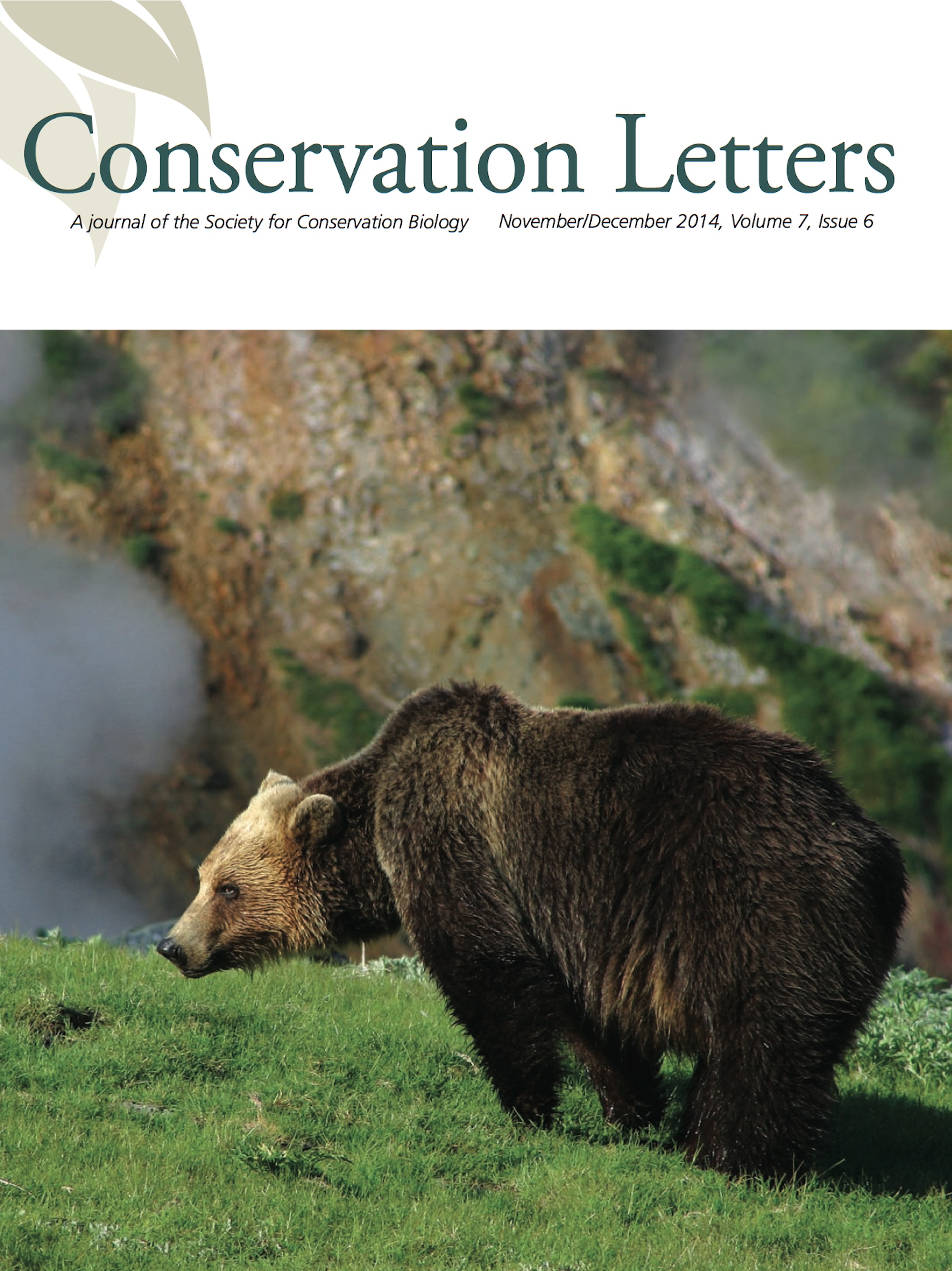News
First global study of human-bear conflict by WildCRU
WildCRU’s Dr Ozgun Emre Can and Professor David Macdonald recently worked with world bear experts to complete a global review study on human-bear conflict covering 59 countries. The first study presenting the status of conflict between people and all seven terrestrial bear species is published in the current issue of Conservation Letters and featured on the cover. The article is open access and can be downloaded from the journal’s website (http://onlinelibrary.wiley.com/doi/10.1111/conl.12117/abstract).
WildCRU study revealed that the problem is worsening in terms of severity of conflicts and their impact on bear conservation on all four continents inhabited by seven species of bears. Failure to mitigate conflicts may reduce society’s tolerance of bears and diminish conservation efforts.
Compared to felids and canids, human-bear conflicts have attracted less attention in the scientific literature despite conflicts causing annoyance, financial losses, injuries and death. In poorer parts of the world, conflicts affect local economies. Retaliation against bear may threaten the future of small isolated populations in Asia and South America. Even in Europe, conflict is the principal cause of mortality for recovering European brown bear populations. According to the United Nations, by 2050, 87% of world’s population will be living in the developing world. This means that many people will find themselves near populations of bears, making conflicts increasingly likely. The problem of human-bear conflict will only become worse if it is ignored today.
The study that is also featured on University of Oxford’s Science blog (http://www.ox.ac.uk/news/science-blog/learning-live-bears) presents recommendations which are relevant to not only bears but also to the management of other large carnivore species.






